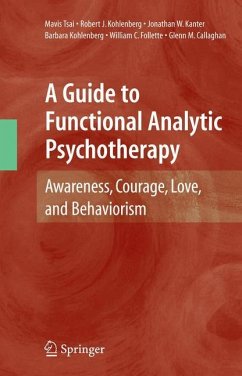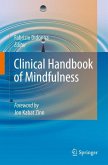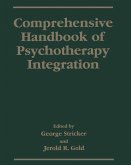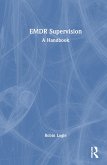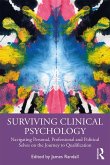For more than two decades, Functional Analytic Psychotherapy has brought new meaning - and new meaningfulness - to client/therapist relationships. And clients with disorders as varied as depression, PTSD, and fibromyalgia have benefited from its nuanced, curative power. In A Guide to Functional Analytic Psychotherapy, originators Robert Kohlenberg and Mavis Tsai join with other FAP practitioners to present a clinical framework, addressing points of convergence and divergence with other behavior therapies. Tracing FAP's emerging evidence base, it takes readers through the deep complexities and possibilities of the therapeutic bond. And the attention to mindfulness and the self makes maximum clinical use of the uniqueness of every client - and every therapist.
"In 1991 Functional Analytic Psychotherapy (FAP) was among the first new approaches that proved that behavioral psychology could be brought more fully and effectively into psychotherapy. In this long awaited volume, leaders in FAP show how the model has developed and provide guidance for its clinical implementation. Alone and in combination with other treatments, FAP speaks to some of the deepest clinical issues there are, and can empower clinical work virtually regardless of the clinician's current approach. Highly recommended." -Steven C. Hayes, Ph.D., University of Nevada
"This book is a goldmine for clinicians. FAP has had enormous influence on my work, and also has impacted class after class of developing clinical research scientists who have gone on in many instances to make great contributions to the field. Read this book and discuss it with your colleagues and students. I believe it will lead you to making greater contributions also."-Marsha M. Linehan, Ph.D., University of Washinton
"This volume describes an approach to therapy that creatively highlights the use of the therapy interaction as a sample of the client's problematic interpersonal relationships. Using an integrative blending of learning principles with sound clinical interaction skills, Functional Analytic Psychotherapy helps clients to learn what does and what does not get them what they want and need. All this is richly illustrated with case materials and therapy transcripts, providing the clinician with clear guidelines on how to implement this approach to therapy." -Marvin R. Goldfried, Ph.D., Stony Brook University
"Functional Analytic Psychotherapy offers the best opportunity for the development of genuinely integrative therapeutic practice the field has ever seen. This guidebook to FAP should help to open up new exciting vistas to therapists of all theoretical persuasions. It is one of the most important books on psychotherapy in decades." -AlanS. Gurman, Ph.D., Emeritus Professor of Psychiatry, University of Wisconsin School of Medicine and Public Health
"This book is a goldmine for clinicians. FAP has had enormous influence on my work, and also has impacted class after class of developing clinical research scientists who have gone on in many instances to make great contributions to the field. Read this book and discuss it with your colleagues and students. I believe it will lead you to making greater contributions also."-Marsha M. Linehan, Ph.D., University of Washinton
"This volume describes an approach to therapy that creatively highlights the use of the therapy interaction as a sample of the client's problematic interpersonal relationships. Using an integrative blending of learning principles with sound clinical interaction skills, Functional Analytic Psychotherapy helps clients to learn what does and what does not get them what they want and need. All this is richly illustrated with case materials and therapy transcripts, providing the clinician with clear guidelines on how to implement this approach to therapy." -Marvin R. Goldfried, Ph.D., Stony Brook University
"Functional Analytic Psychotherapy offers the best opportunity for the development of genuinely integrative therapeutic practice the field has ever seen. This guidebook to FAP should help to open up new exciting vistas to therapists of all theoretical persuasions. It is one of the most important books on psychotherapy in decades." -AlanS. Gurman, Ph.D., Emeritus Professor of Psychiatry, University of Wisconsin School of Medicine and Public Health

